Opinion
27 Aug 2025
Matthew Miller
When President Sheikh Mohamed bin Zayed Al Nahyan of the United Arab Emirates arrived in Luanda this past week, it marked his first state visit to sub-Saharan Africa. The trip was not only ceremonial, it was strategic. It produced a Comprehensive Economic Partnership Agreement with Angola that will reduce tariffs, expand trade and open the door for large-scale UAE investment across sectors ranging from energy to logistics.
The symbolism was powerful because it reflected a deeper shift. The relationship between Africa and the Gulf Cooperation Council countries is no longer framed primarily in terms of aid, development assistance or around the extractive industries. It is increasingly built on investment, diversification, trade and shared prosperity.
For decades, Africa’s engagement with advanced economies was defined by aid. Development pledges, debt relief campaigns and climate financing conferences dominated the agenda. But too often, promises from Western partners failed to materialize. Chinese companies arrived with attractive financing and public works projects but failed to create jobs. Large infrastructure projects were abandoned after poor returns, and climate finance targets routinely went unmet. African leaders, understandably, grew skeptical.
The Gulf has stepped into this vacuum with a different model. In 2023, companies from the GCC announced 73 foreign direct investment projects in Africa worth more than $53 billion. Emirati firms alone pledged $110 billion between 2019 and 2023, including $72 billion in renewable energy.
Investment matters more than aid because it transforms incentives. Unlike aid, which is often tied to donor priorities and political conditions, investment is governed by mutual interest. It aligns long-term goals, generates returns, and leaves behind infrastructure that drives economic activity long after the initial capital is deployed. It also reframes Africa not as a dependent recipient but as a partner. The UAE is now the largest backer of new business projects in Africa, surpassing longer term partners including China, France and the UK.
The story is clearest in logistics. DP World, the Dubai-based port operator, has become indispensable to Africa’s trade future. It operates or has stakes in critical facilities from Dakar to Berbera and Luanda. In East Africa, DP World is building a modern port at Berbera in Somaliland, linked by new highways to Ethiopia’s landlocked economy. In Angola, it is modernizing Luanda’s port into a regional hub.
Energy shows the same pattern. Masdar, Abu Dhabi’s renewable energy champion, has committed billions to solar and wind projects across the continent. In Mauritania, Masdar is developing one of Africa’s largest solar plants. In Egypt, it is co-investing in massive wind projects that will feed both local grids and export markets. Between 2019 and 2023, Emirati companies announced $72 billion in African renewable energy projects.
Saudi Arabia, too, has become a central player, particularly in agriculture. Saudi agribusinesses have acquired or leased millions of hectares of farmland across Africa, especially in Sudan and Ethiopia.
Yet African leaders increasingly see the Gulf as a reliable partner in ways the West has not been. Western governments have dialed back on infrastructure finance and struggled to meet climate commitments. Trade wars and protectionism have eroded confidence further. By contrast, Gulf investors have delivered on what they announce.
The timing is ideal. The African Continental Free Trade Area, the world’s largest by population, is beginning to take shape. It promises a unified market of 1.7 billion people and a new nexus of South-South cooperation. While aid and philanthropic capital remain financial levers for relief and to support health and education agendas, GCC countries are showing up now in a differentiated way, as committed partners who are removing obstacles to trade and investment, and cementing long-term global sustainable development.
Picture: © WAM

